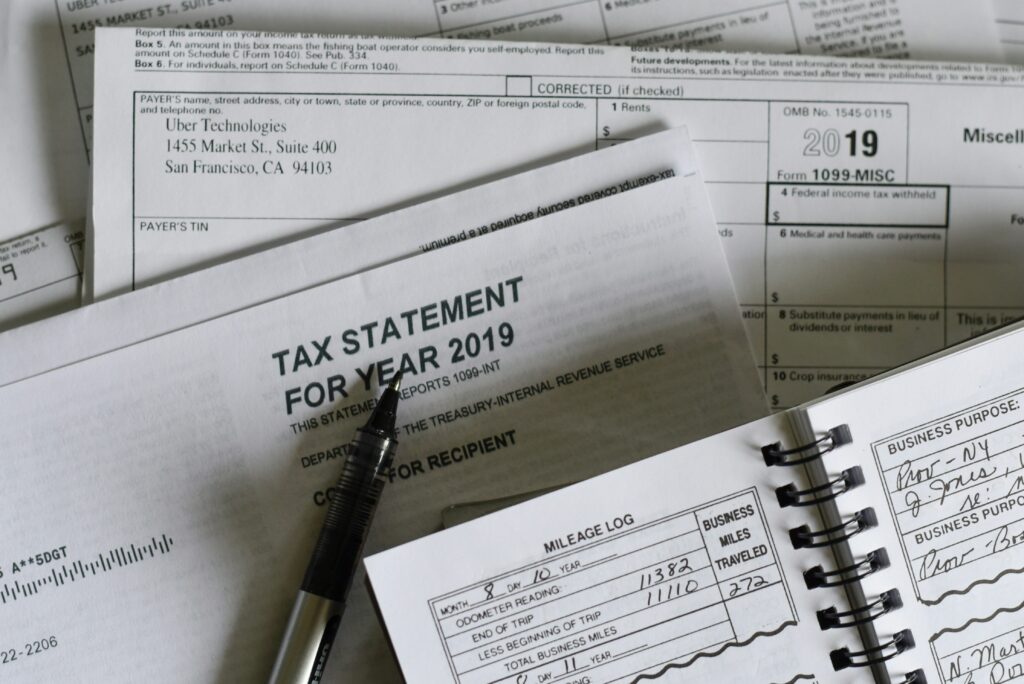Sweden has long been a popular choice for expats seeking a high standard of living and excellent work opportunities. However, understanding the tariff system in a foreign country is crucial to ensure compliance and optimize financial planning. In this comprehensive guide, we will delve into the tax system in Sweden and provide expats with the necessary knowledge to navigate tariff residency, rates, deductions, benefits, and reporting obligations.

Tax residency and rates
In Sweden, tax residency is determined based on both the length of stay and personal ties to the country. If an individual spends more than 183 days in a calendar year or has substantial connections to Sweden, they are considered tariff residents. Tax residency affects the scope of taxable income and the applicability of various deductions and benefits.
Progressive tax rates
Sweden operates a progressive tariff system where tax rates increase with income. The tariff rates for 2023 are as follows:
- Income up to SEK 509,300: 32%
- Income between SEK 509,301 and SEK 974,400: 35%
- Income between SEK 974,401 and SEK 1,639,500: 37%
- Income between SEK 1,639,501 and SEK 2,730,200: 45%
- Income above SEK 2,730,200: 57%
Deductions and benefits
Expats in Sweden can take advantage of several deductions and benefits to reduce their tax liability. Some common deductions include housing costs, commuting expenses, and donations to charitable organizations. Additionally, there are various tax credits and allowances available for families with children, such as childcare deductions and parental benefits. Understanding the eligibility criteria and documentation requirements for these deductions and benefits is crucial to optimize tax savings.
Social security contributions
Sweden has a well-developed social security system that provides benefits such as healthcare, pensions, and unemployment insurance. Both employees and employers are required to make contributions to the social security system. The rates for social security contributions are split between the employee and the employer. Expats should familiarize themselves with these rates and obligations to ensure compliance and understand the benefits they are entitled.
Double Taxation Agreements
Double Taxation Agreements (DTAs) play a crucial role in facilitating international trade and investment by addressing the issue of double taxation. Sweden, known for its progressive taxation system and open economy, has established a network of DTAs with numerous countries around the world. These agreements provide clarity, certainty, and relief to taxpayers, ensuring that income is not taxed twice and promoting fair and efficient global taxation.
Preventing Double Taxation
Double taxation occurs when a taxpayer is liable to pay taxes on the same income in two different jurisdictions. This can discourage cross-border economic activities and hinder international cooperation. To alleviate this burden, Sweden has actively engaged in negotiating and signing DTAs with various countries.
Key features of Sweden’s DTAs
Sweden’s DTAs typically cover various types of income, including business profits, dividends, interest, royalties, and capital gains. These agreements often include provisions for the elimination or reduction of withholding taxes on cross-border payments, ensuring that income flowing between countries is not overly taxed.
Additionally, DTAs provide mechanisms for resolving disputes, such as the Mutual Agreement Procedure (MAP), which allows taxpayers to seek resolution through competent authorities of both countries involved in the dispute. This mechanism helps prevent prolonged legal battles and fosters cooperation between tariff administrations.
Reporting and filing obligations
Expats in Sweden have reporting and filing obligations that must be fulfilled accurately and on time. This includes submitting an annual tariff return, keeping records of income and expenses, and adhering to other tax-related requirements. Sweden has a digital system for filing tariff returns, making it convenient for expats to fulfill their obligations. Seeking professional advice and staying informed about the latest tax regulations can help expats comply with Swedish tax laws.
You may also find these articles helpful
